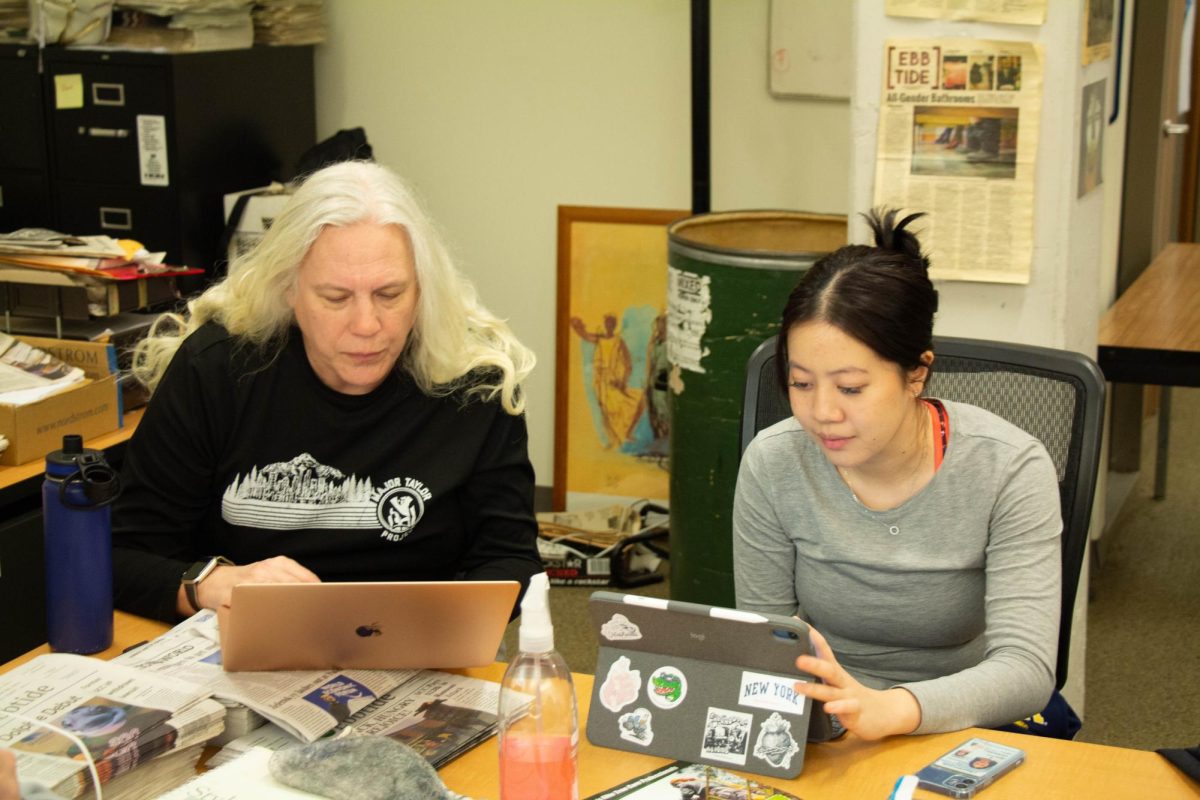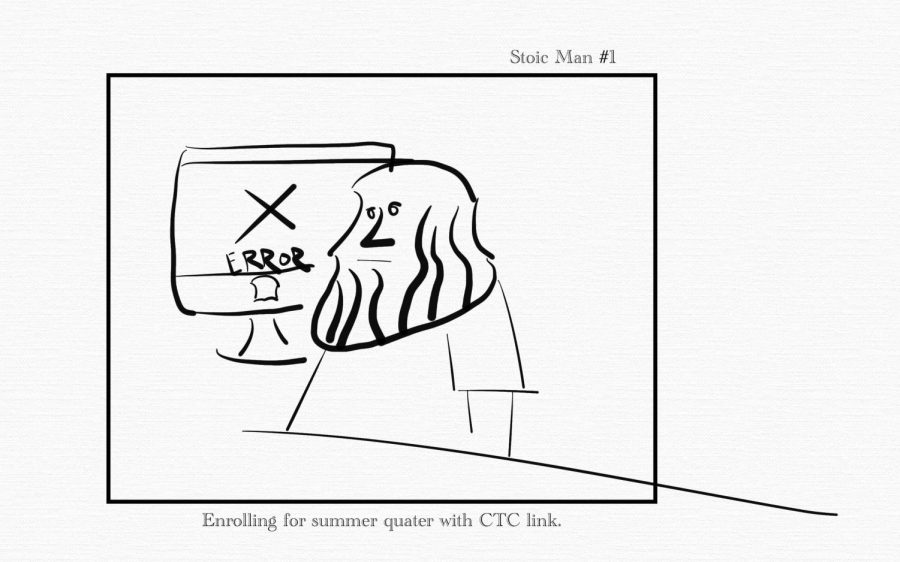
In the 1970s, disaster films were all the rage.
Audiences flocked to the theaters to witness the melodramatic appeal of “Earthquake” and “Airport,” which often threw allstar casts into fantastical situations. The release of James Bridges’ “The China Syndrome,” however, presented an understated and starkly believable tale of an inner-city nuclear nightmare.
Its cast of characters could not have more chemistry: Kimberly Wells (Jane Fonda) is a newscaster itching to cover hard news instead of the frivolous assignments she keeps getting. Her sharpwitted camera man, Richard Adams (Michael Douglas), who flaunts a more antiestablishment demeanor, serves as her right-hand man.
The team is sent to film a news segment on the fictional Ventana Nuclear Power Plant. Stephen Bishop’s soft rock theme “Somewhere in Between” sets the scene to a wide shot of the crew driving to the plant along a California highway. From afar, they appear so natural that one forgets they are actors and not a plausible group of co-workers on their way to cover a story.
It’s during a seemingly lighthearted tour of the plant when the crew is introduced to the phrase “The China Syndrome,” a term for a nuclear meltdown that cuts into the Earth with a force strong enough to figuratively reach China.
Things take a turn for the worse when the tour leads them to an observation room overlooking the plant’s control center. A small tremor shakes the building during a turbine trip, which Adams secretly films.
From this point on, it becomes clear that conditions are far more serious than the news team were led to believe.
Adams is able to clearly detect fear on the faces of the employees, including that of the Plant Manager Jack Godell (Jack Lemmon), and has the film to prove it. He then becomes adamant that the story must appear on the news, although their stubborn boss, Don Jacovich (Peter Donat), forbids Adams’ request — prompting him and Wells to take matters into their own hands.
The film deals with complex subject matter such as responsibility, deception and the complexities that come with being honest to the public in the face of danger. Stick around for the gripping climax as “The China Syndrome” pulls you along for a tense ride that’s never far removed from reality.













